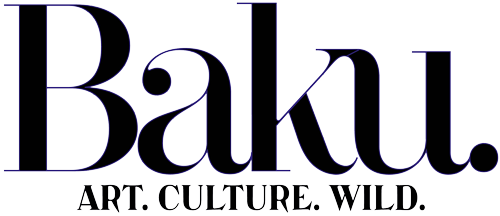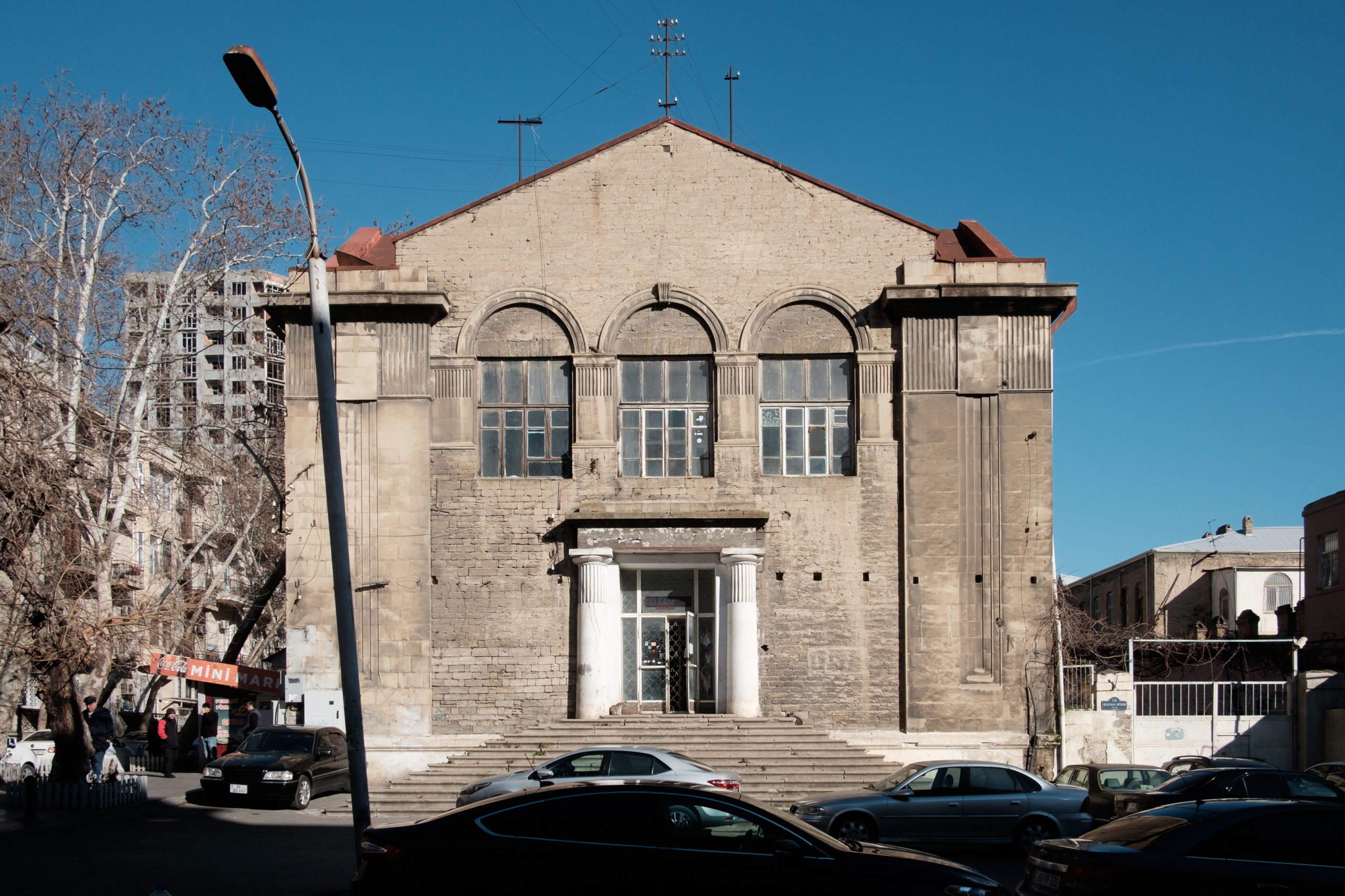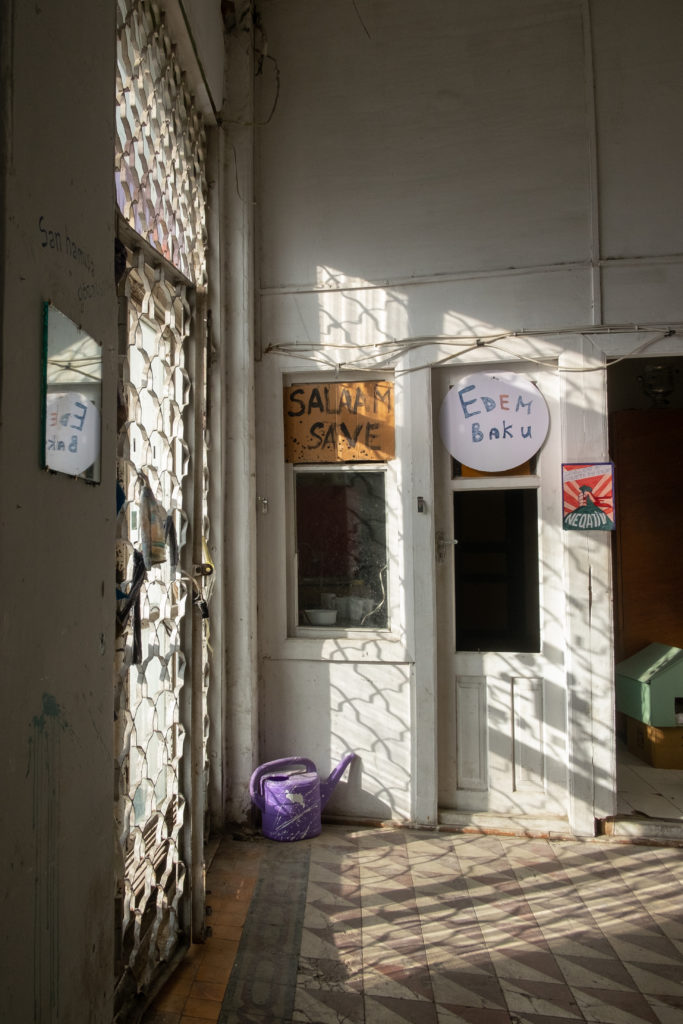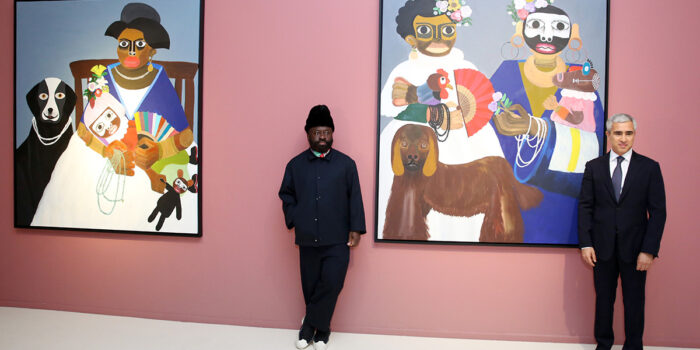Just a kilometre from the Baku City Circuit, where Max Verstappen won a crucial victory in his F1 2022 Championship hunt last month, a bustling community cinema is at the forefront of a movement developing local creatives in the city
Residing in a historic Molokan Centre that has faced demolition twice in the last thirty years, the Salaam Cinema is a fine example of Baku’s fascinating past and vibrant future. The cinema, that boasts a concert hall with a capacity over 300 as well as a large community-run garden, offers young creatives a platform to develop their performative and personal skills.
Initially built as a community centre in 1913 for Baku’s Molokan (Spiritual Christians who moved to the Caucasus in the 1840s due to religious intolerance in the Russian Empire) population, the building was transformed into Azerbaijan’s first radio station during Soviet rule. Having been sold to a developer after the fall of the USSR, the building first faced the threat of demolition in the ‘90s only to be rescued by a petition from the Molokan community in Ivanovka who ensured the building remained intact on the grounds of its cultural significance.
In April 2019, only twenty-five years later, the site’s rich history was once again at risk of being erased when the Salaam Cinema were evicted as the owner claimed the building was in need of repair. Recognising the cultural significance of the site, Baku’s youth rose to the challenge launching the ‘Save our Heritage’ campaign. Around 200 activists, including Salaam’s own artists, guarded the building in the daytime. Their evening impromptu concerts to passers-by helped the movement gain momentum, with EU Ambassador to Azerbaijan Kestutis Yankauskas announcing events for the Imagine Tolerance Festival would be held in the cinema. The protestors then appealed to First Vice President Mehriban Aliyeva to add the site to the list of state-protected historical monuments, receiving assurances that situation was “under the control of the state”. By August, the building was placed on the list of Architectural Monuments, a moment that Salaam’s Leyli Gafarova described as “enormous” due to the scale of the challenges they had overcome.
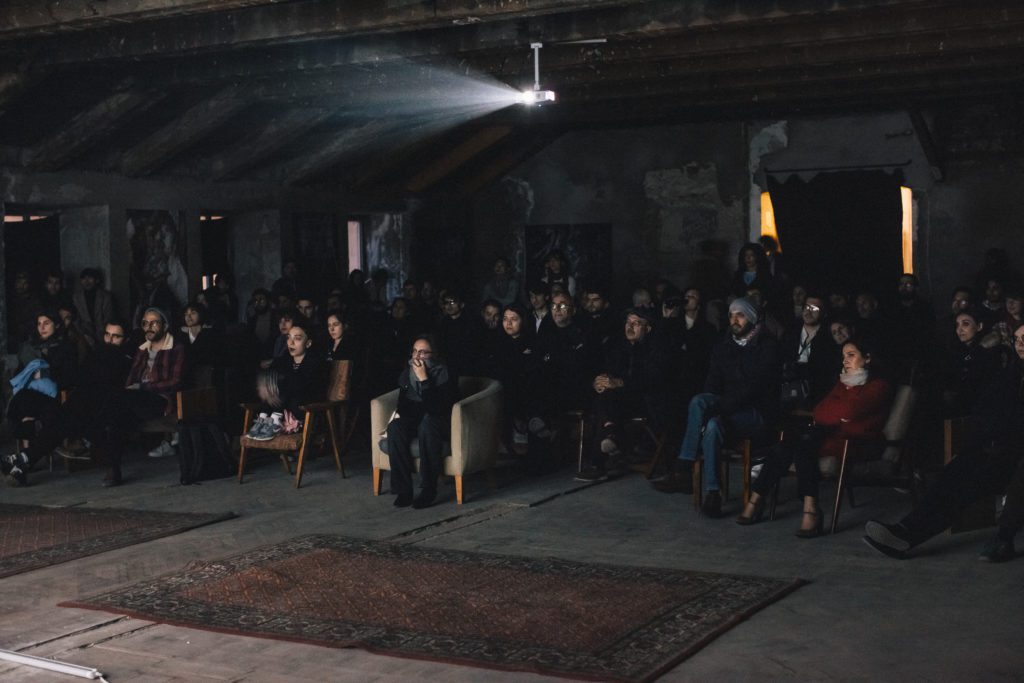
“We advocate local film-making and film history. The cinema’s audience gets the chance to discover new Azerbaijani films and rediscover movies which have written the Azerbaijani film history.” -Leyli Gafarova
Since the building was saved, the cinema has not looked back and continues to grow. After the protests there was a large swell of activity. The campaign drew the attention of a new demographic of Baku’s residents who have enabled the cinema to “diversify their programming”. “We believe that culture should be accessible to everyone, no matter of age, gender, sexual orientation or class. We strive for equality, safety, inclusivity and diversity in the cultural scene”, Gafarova explains.
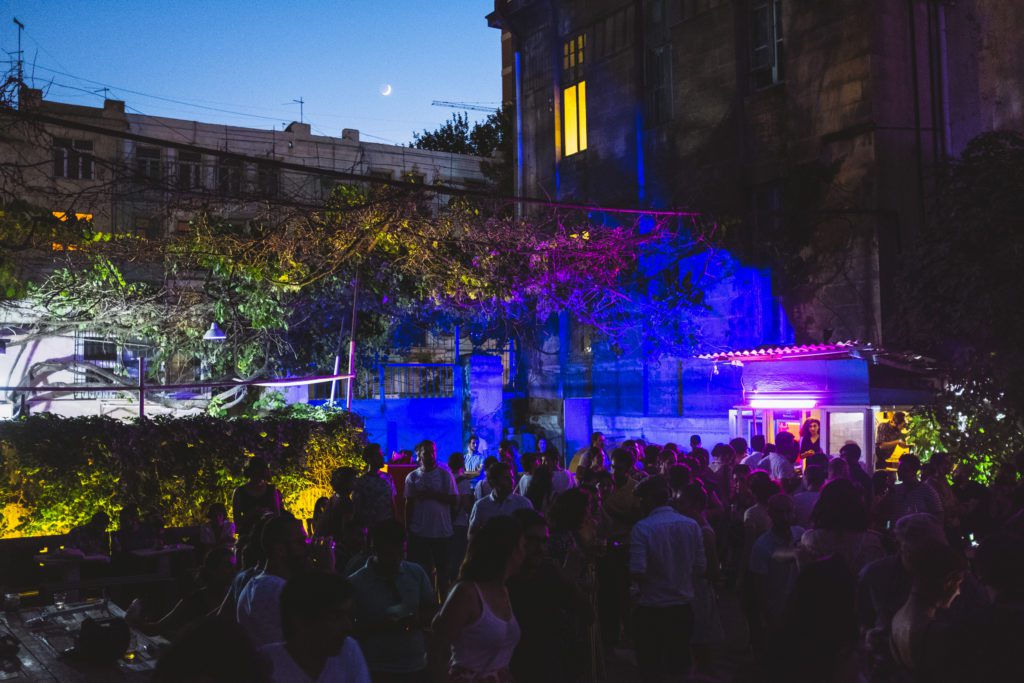
“We build and exchange collective knowledge through non-formal education and experiential processes.”-Leyli Gafarova
However, the increased interest has not pulled the Cinema to the mainstream but has instead allowed them to further invest in their mission of developing local creative talent. A new music studio was built in 2021 where local musicians can “rehearse, produce or experiment” at no cost. According to Gafarova, not only does this help existing talents develop but has led to the formation of new bands and projects as the centre brings together Baku’s creatives allowing them to build stronger networks.
Online Editor: Candice Tucker
Written by: Will Standring
